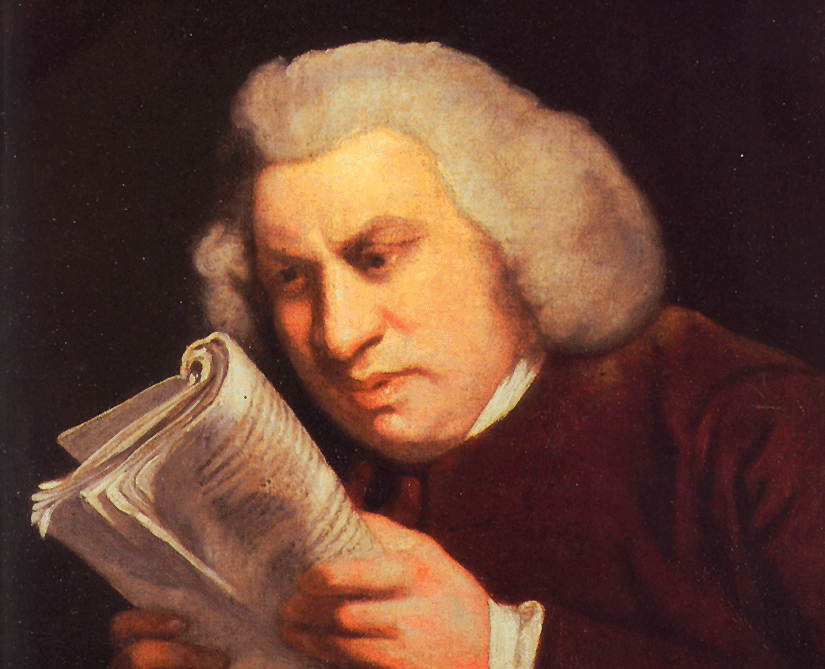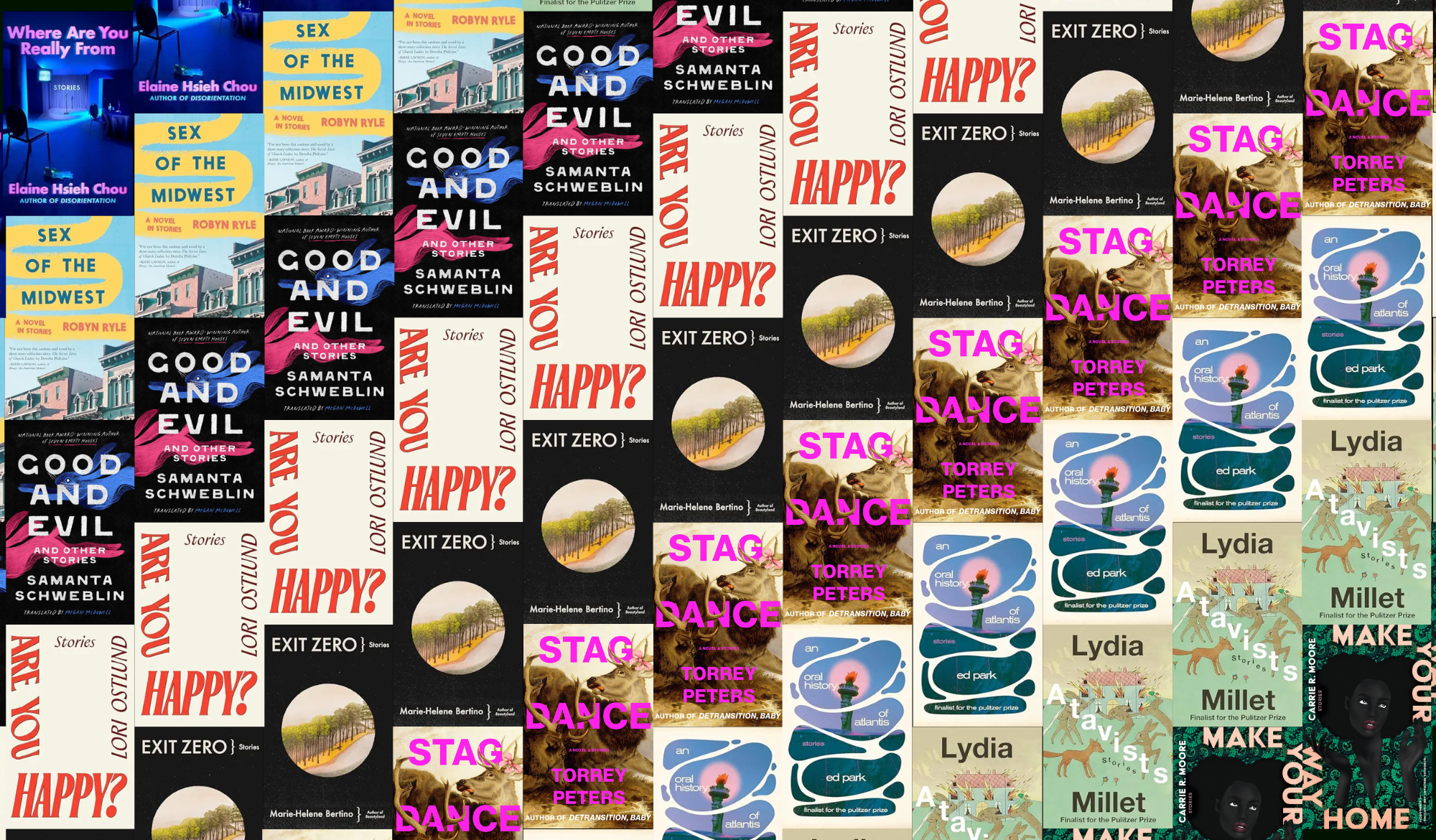interviews
Is There Such a Thing as a Good Book Review?
And how in the world do you write one?

The Blunt Instrument is an advice column for writers. If you need tough advice for a writing problem, send your question to blunt@electricliterature.com.
Dear Blunt Instrument,
I recently read a review that has me shaken and, if I am being honest, angry. The book of poetry it reviewed has received critical acclaim — deservingly so, I think — but the review in question appears to be a “take-down” of the poet and their aesthetic costumed as a review. As I read it, I felt as though I wasn’t learning anything new about the book, just the reviewer’s biases, their love of allusion, their thirst for a book-encapsulating soundbite. In short, it was easy to identify the review as a bad review.

This made me think about how easy it is to figure out when reviews are bad, often when the reviewer gets in the way of the review, foisting upon the text and reader often poorly articulated senses of what constitutes “good work.” But that made me wonder — what makes a good review?
I actually like it when someone intelligently brings their own ideas of aesthetics to a text, but that seems very subjective, doesn’t it? Is it possible I am getting in the way of my reading of reviews? Is there a way a reader should approach reading a review? And, if I were to write a review, how does that differ in how I approach the work? How do you write a good review? How does the whole idea of “reviewing” a work not become mired in aesthetic subjectivity?
Sincerely,
Viewer Reviewing Reviews

Dear Viewer/Reviewer,
I’ve been a poet in the poetry world for a pretty long time, and the question of whether or not there should be “negative reviews” of poetry books has amazing staying power. When a “take-down” like the one you’re referencing appears, poets inevitably suggest that negative reviews are a disservice to poetry, since so few people read poetry as it is — the implication being that a negative review could hurt the book’s already meager sales, and therefore silence is more kind. I find this argument pretty unconvincing; surely even fewer people read poetry reviews than read poetry. An absence of reviews isn’t going to help a book’s sales either, and in any case it’s not the critic’s job to make sure a book sells.
W.H. Auden said that “attacking bad books” is “a waste of time.” But I don’t really agree, as long as the “attack” provides interesting, instructive perspective, because some books are bad in ways that deserve attention. What matters are the critic’s intentions — the point of a piece of negative criticism should not be to make sure that people don’t buy or read the book in question. Further the point of positive criticism is not to make sure that people do buy and read the book. Good criticism shouldn’t even fit neatly into the “good review”/“bad review” dichotomy — it should be more like an essay, with the book as the occasion, than a recommendation engine. Good criticism is worth reading even if you’ve already read the book or never plan to.
Good criticism is worth reading even if you’ve already read the book or never plan to.
So what is criticism for, if not to tell you what to read? A piece of criticism should illustrate an engaged and considered approach to a book and, by extension, other books like it; it should demonstrate what good reading and good thinking about reading look like.
The problem, then, with bad criticism is rarely subjectivity; subjectivity is inescapable. The problem arises when the critic’s subjectivity masquerades as objectivity, or when the critic’s subjectivity isn’t informed or isn’t interesting.
Good criticism is as difficult to write as any other kind of writing — but I realize it’s a bit abstract to say you can write better reviews by being smarter and more interesting (although it’s true!). So here are a few practical strategies in terms of how to approach a book that you want to write about, and some guidelines for what good criticism of any genre should and shouldn’t do.
- When reading a book you might want to write about — but actually, if you’re serious about reading, and if you’re serious about criticism you need to be serious about reading, whenever you’re reading any book — keep a pencil or those little sticky tabs and a notebook nearby. Get comfortable with ruining your books; go ahead and dogear and write in them. Underline and marginalize (in the original 19th century sense: make marginalia). If you JUST CAN’T DO IT or you’re reading a library book, use sticky tabs instead, and write your thoughts and annotations in a notebook; just note the page number you’re responding to. Make this notebook your reading journal. These notes will be incredibly helpful to you later, but further, I think it tricks you into being a better, closer reader, and making more connections. Great writers notice a lot of things, and meta-notice what they notice. Cultivate your habits of observation.
- A good review provides context: What tradition is this writer working in? Who else writes like this or about these things? What other books is it in conversation with? Does it represent a natural or surprising evolution in the author’s career? To provide this context you’ll need to do a little reading around the book you’re focusing on — an informed reader is usually a better critic. If that doesn’t appeal to you, consider that you might not be the best person to write about this book.
- If you love a book, resist the urge to heap praise on it right away. It’s boring and looks blurby. I like criticism that shows me what a book is like before telling me how to feel about it.
I like criticism that shows me what a book is like before telling me how to feel about it.
- Explain the book’s aim, form, and project, in a value-neutral way to start. Just tell us what the author and the book are trying to do. Be as generous as possible in your assessment of the book’s aims; don’t get mad at the book for not doing something that it’s not trying to do. What is the book about (in terms of its subject matter) and about (in terms of its larger themes)? What does the prose or verse actually look like on the page? (Focus on the writer’s choices, though, not the book designer’s or printer’s.) Describe their style, their tone and diction. All of this is basically a way of showing what it feels like to read this book: What are its effects on the reader’s mind, and how does it achieve them?
- Back up your description with examples. This is where your notes come in. (As you read and start to make assessments of the book, you should be looking for quotes that are particularly illustrative of the book’s approach or style.)
Am I Still a Real Writer If I Don’t Feel Compelled to Write?
- All of this attentive description and illustration will get a lot of the work done. With or without you adding in overt value judgments, readers will start to get their own sense of how well the book accomplishes what it’s trying to do.
- Great critics have a compelling sensibility; their way of looking at and commenting on the world is what we go to them for, more than book recommendations per se. Their reviews are always cross-referencing each other through this common sensibility. So put yourself into your criticism; just remember that thinking is more interesting than feelings. If a book makes you mad, fine, you can say that, but then reflect on why that is.
- Question yourself — your assessments and reactions and biases — as much as you question the book. Your questioning doesn’t necessarily need to appear in the finished review, but do the background work.
Question yourself — your assessments and reactions and biases — as much as you question the book.
- If you can’t think of anything interesting to say about a book, don’t write about it! It’s very hard to write a good review of a mediocre, neither-here-nor-there book. So, write about books that make you think.
- If you don’t like a book, don’t attack its fans, or the people you presume to be its fans, or their presumed reasons for liking it. It’s rude, for one thing, but you’re also probably wrong. And it’s not necessary for everyone to agree that a book is good or bad.
- If you have some kind of preexisting, personal problem with the author (not their work), you are probably not the best person to write about the book. In general, don’t bring the author’s appearance or personal life into your criticism unless you’re really, really, really sure it’s relevant to how we read the work. It’s more permissible if the author’s dead.
- Don’t make unfair comparisons. I recently read a piece of criticism that compared a book of personal essays by a debut author to a collection of reprinted essays, mostly criticism, by a much more mature author; this just didn’t seem like a useful comparison. One would come to these books with very different expectations.
Finally, as a corrective to the prescriptiveness of all these guidelines: Don’t feel hemmed in by a formula for a “good review.” For example, you needn’t begin — or end — by talking about the book directly. You can get away with almost anything if you’re smart and interesting enough. When in doubt, read more — both more books and more criticism.








